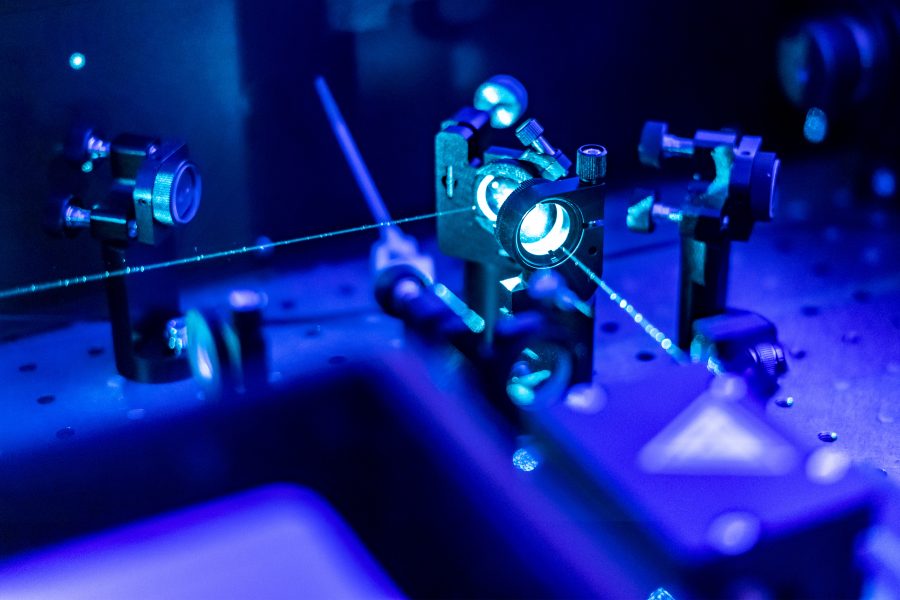Led by an assistant professor at NYU, a team of researchers discovered a new state of matter that could bring us one step closer to optimizing quantum computing, which in turn could allow scientists to solve previously unsolvable problems due to its unparalleled processing speed.
The venture started in 2015, spearheaded by NYU Assistant Professor of Physics Javad Shabani, who received help from two postdoctoral researchers and two other professors. The team’s efforts resulted in the discovery of what Physics Professor at the University of Buffalo Igor Zutic called topological superconductivity. The researchers analyzed the transition from a conventional to quantum state, and then to this new state. They found that the new state of matter is unique in its durability in the face of outside forces, which could make quantum computing more reliable. Their efforts were partially funded by a research grant from the U.S. Department of Defense’s Advanced Research Projects Agency.
“Topological superconductivity is a remarkable state of matter that robustly retains its character against external changes, noise, disorder or other environmental disturbances,” Zutic wrote in an email to WSN.
This unique trait of the new state of matter could increase processing speed and reduce technical problems involved in quantum computing. Quantum computing is a type of computing that, by breaking down information further, can be exponentially more efficient.
“The new state of matter detected in our project represents a step forward to the future implementation of fault-tolerant quantum computers,” Assistant Professor of Physics at Wayne State University Alex Matos-Abiague wrote in an email to WSN. “With this discovery, a traditional computer can take millions of years to solve a problem, while a quantum computer can solve in minutes, and in some cases, seconds.”
It’s been speculated that quantum computing could lead to scientific advances from discovering distant planets to making more efficient drugs to better treating diseases like cancer.
Postdoctoral researcher William Mayer said that being involved in a discovery with such implications was thrilling.
“For what it was like to be part of this work, I can say the first few days when we realized what we were seeing was very exciting,” Mayer wrote in an email to WSN. “Those are the kind of days when you don’t really want to go home, you just keep working because everything is falling into place.”
A version of this article appeared in the Tuesday, Sept. 3, 2019 print edition. Email Alexandria Johnson at [email protected].
























































































































































